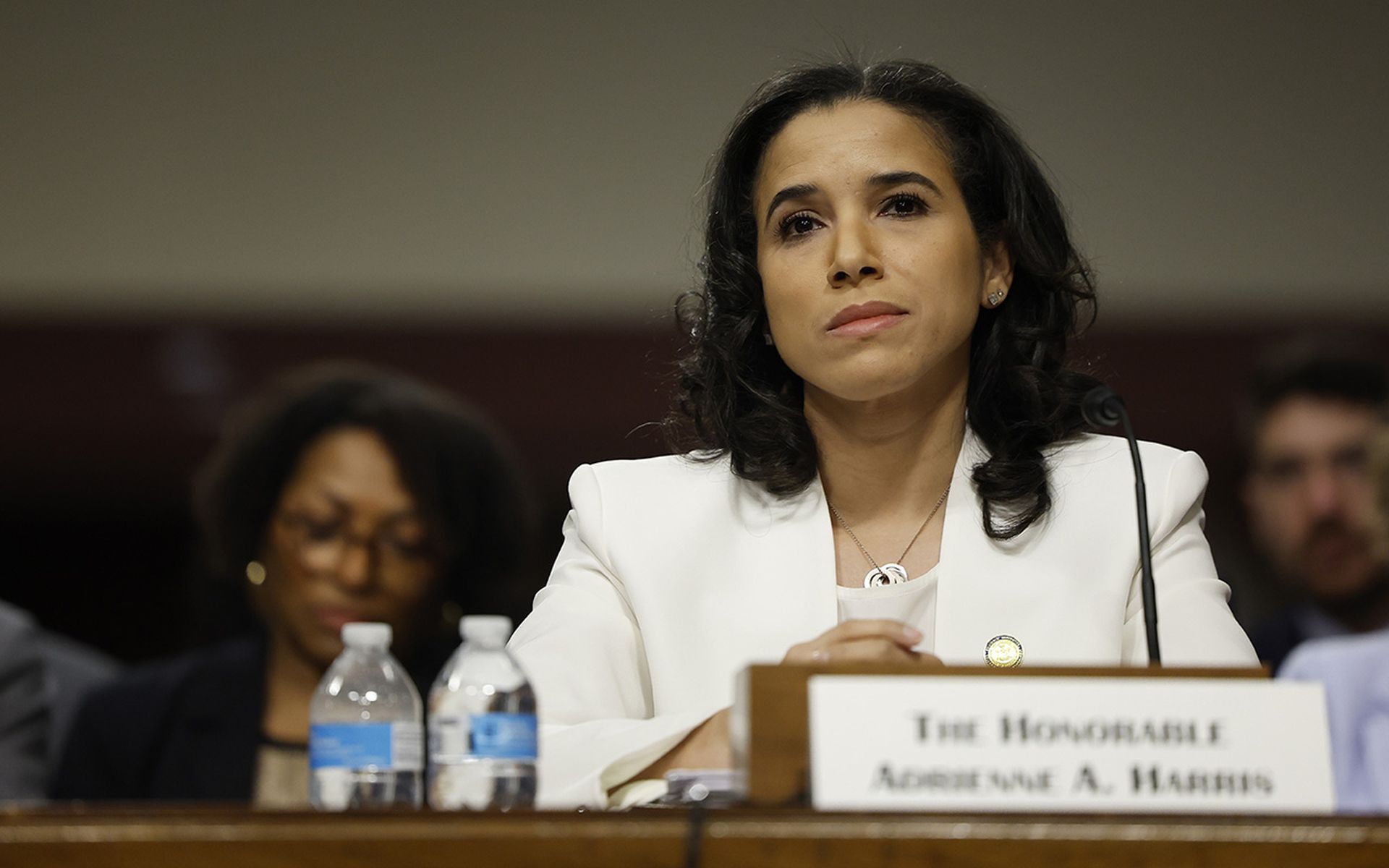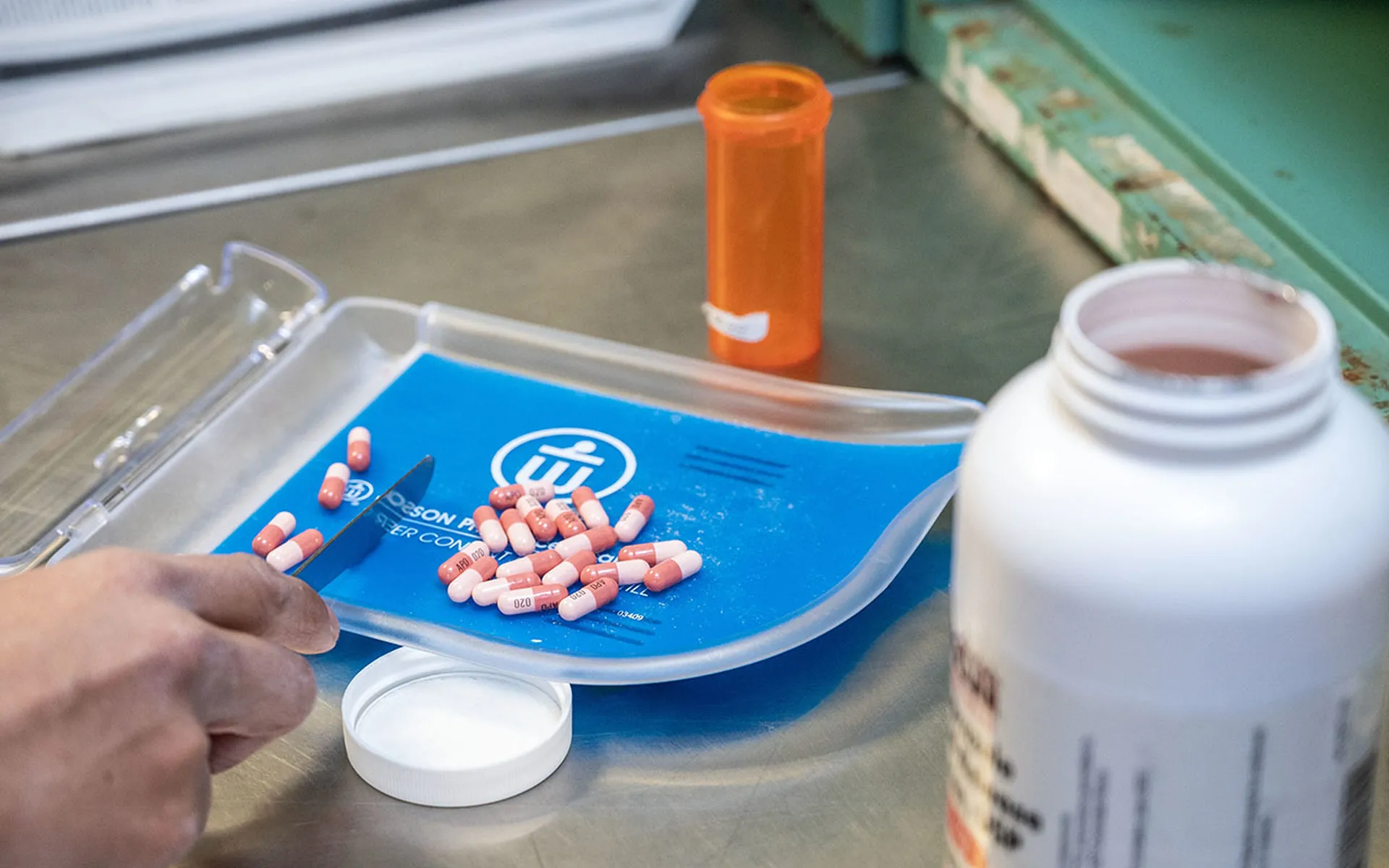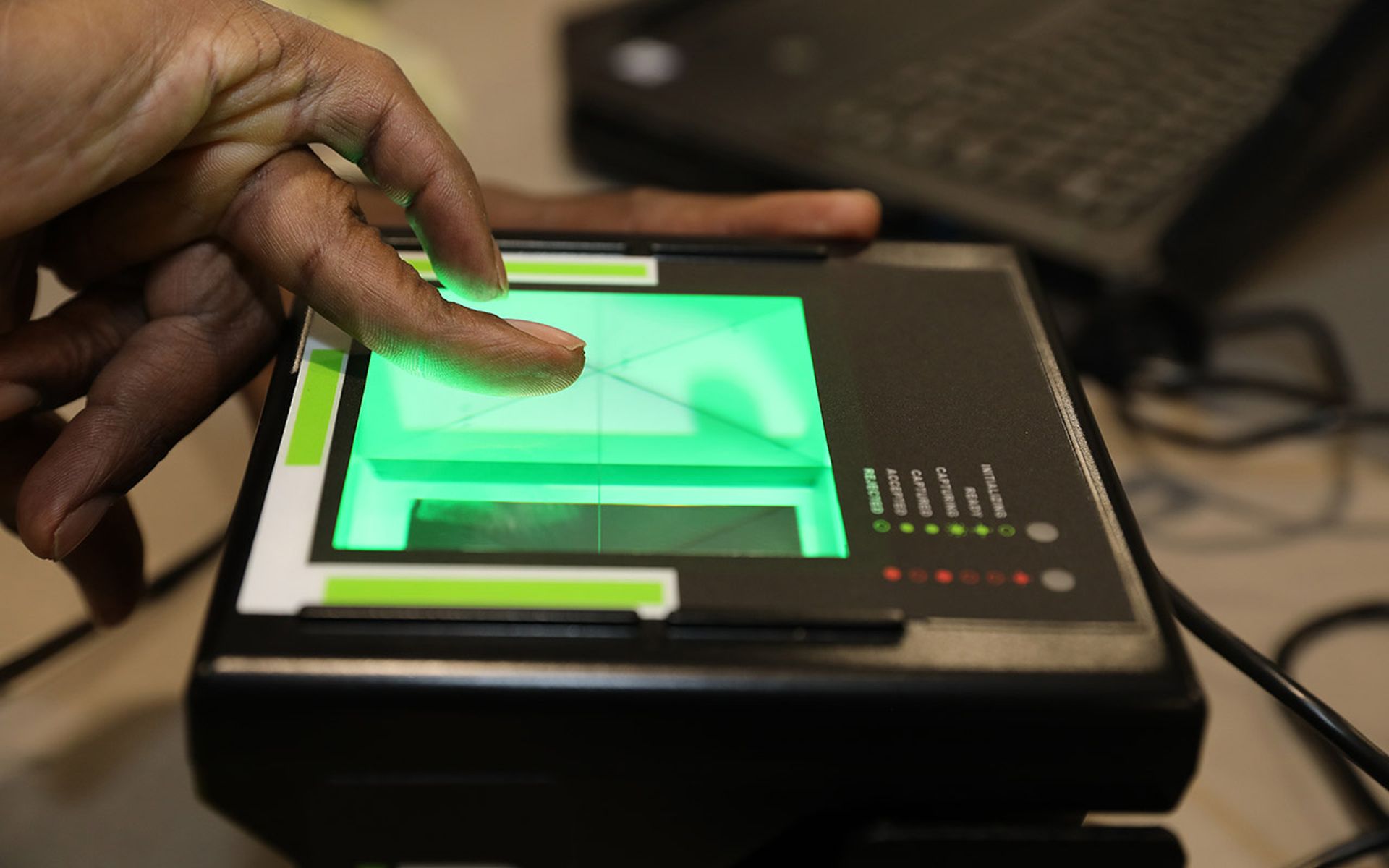Systems hack enables data theft, access for 8.9M MCNA Dental patients
This week’s healthcare data breach roundup includes multiple ransomware and data extortion incidents, a ransomware attack on Enzo Biochem, and includes ongoing outages at two hospitals in Idaho and Medford Radiology Group.










